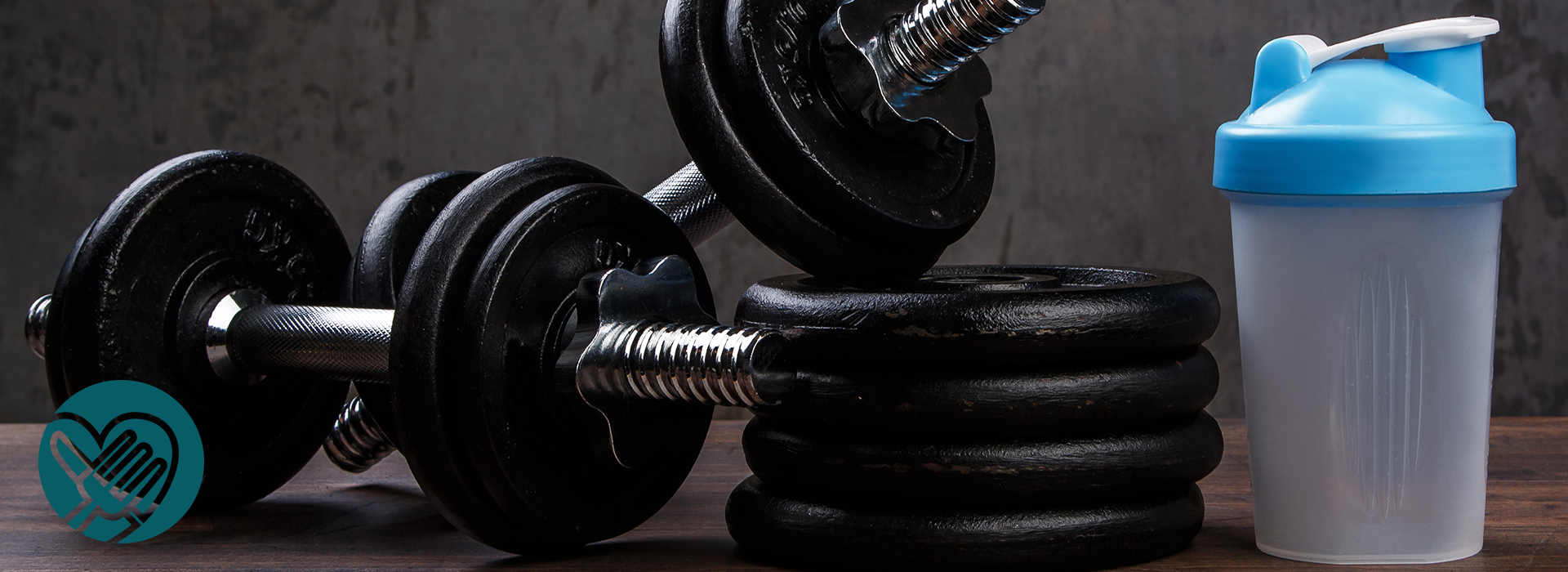
POWERING STRENGTH: NUTRITION AND HYDRATION ESSENTIALS FOR OPTIMAL EXERCISE PERFORMANCE
Strength training is not only about lifting weights but also about fuelling your body effectively to support muscle growth, enhance performance, and aid in recovery. Proper nutrition and hydration play key roles in achieving optimal results. In this article, we explore key components of a balanced nutrition and hydration strategy tailored to the unique demands of strength training.
The Role of Nutrition
Pre-Exercise Fuelling:
Just as a car needs fuel before a long journey, your body requires proper nutrition before engaging in strength exercises. Consuming a balanced meal 2-3 hours before your workout ensures a sufficient energy supply. Include complex carbohydrates like sweet potatoes, lean proteins such as chicken or tofu, and healthy fats like avocados for sustained energy and muscle support.
Protein – ‘The Building Block of Strength’:
Protein is the cornerstone of any strength exercise nutrition plan. It is essential for muscle repair and growth. Including a protein source in each meal supports the body’s need for amino acids, the building blocks of muscles. Foods like eggs, dairy, lean meats, and plant-based protein sources such as lentils and quinoa are excellent options to incorporate into your diet.
Carbohydrates for Energy:
While protein is crucial for muscle support, carbohydrates serve as the primary energy source during strength workouts. Consuming complex carbohydrates before exercise helps maintain energy levels and supports overall performance. Incorporate whole grains, fruits, and vegetables into your meals to provide a sustained release of energy throughout your strength training session.
Hydration for Performance:
Hydration is a non-negotiable component of strength exercise nutrition. Dehydration can lead to decreased strength, muscle cramps, and impaired overall performance. Aim to drink water consistently throughout the day and consume an additional 16-20 ounces (473-590 ml) of water 2-3 hours before your strength workout to ensure optimal hydration levels.
During Strength Training Hydration
Regular Fluid Intake:
Staying hydrated during your strength workout is crucial to maintain strength and prevent fatigue. Sip water regularly between sets, aiming for 7-10 ounces (207-296 ml) every 10-20 minutes. Adjust your fluid intake based on the intensity of your workout and environmental conditions.
Electrolyte Balance:
Sweating during strength exercises can lead to the loss of electrolytes, essential minerals that play a role in muscle function. While water is crucial for hydration, consider beverages with added electrolytes or natural options like coconut water to help replenish these vital minerals during longer or more intense strength workouts.
Post-Exercise Nutrition and Hydration
Protein-Rich Recovery:
Post-strength exercise, your muscles require adequate protein for repair and growth. Consuming a protein-rich meal or snack within 30-60 minutes after your workout is ideal for maximising the benefits of your strength training session. Consider options like a protein shake, Greek yogurt with fruit, or a chicken and vegetable stir-fry.
Carbohydrates for Glycogen Replenishment:
Replenishing glycogen stores in muscles is essential for recovery after strength training. Including carbohydrates in your post- exercise meal helps restore energy levels. Opt for complex carbohydrates such as whole grains, quinoa, or sweet potatoes to support glycogen replenishment and prepare your body for the next workout.
Hydration for Recovery:
Hydration continues to be crucial in the post-exercise period. Replenishing fluids lost during your strength workout supports recovery and helps your body return to an optimal hydration state. Aim to drink at least 16- 24 ounces (473-710 ml) of water for every pound (0.45 kg) lost during exercise to ensure proper rehydration.
Additional Considerations
Individualised Approach:
Nutrition and hydration needs can vary among individuals based on factors such as body weight, metabolism, and workout intensity. It’s essential to personalise your approach, experimenting with different foods and fluid intake levels to find what works best for your unique requirements.
Timing Matters:
The timing of your meals and hydration can significantly impact strength exercise performance.
Consuming a balanced meal 2-3 hours before exercise and strategically replenishing nutrients immediately after can optimise the benefits of your strength training efforts.
Conclusion
Nutrition and hydration are vital pillars of effective strength training. A balanced diet rich in protein, carbohydrates, and healthy fats supports muscle growth and repair, while adequate hydration sustains performance and aids recovery. By prioritising nutrient-dense foods and staying hydrated, individuals can optimise their workouts, enhance muscle gains, and reduce the risk of injury. Consistent attention to nutrition and hydration ensures that the body has the fuel and resources it needs to thrive during strength training, leading to improved physical performance and overall well-being.
